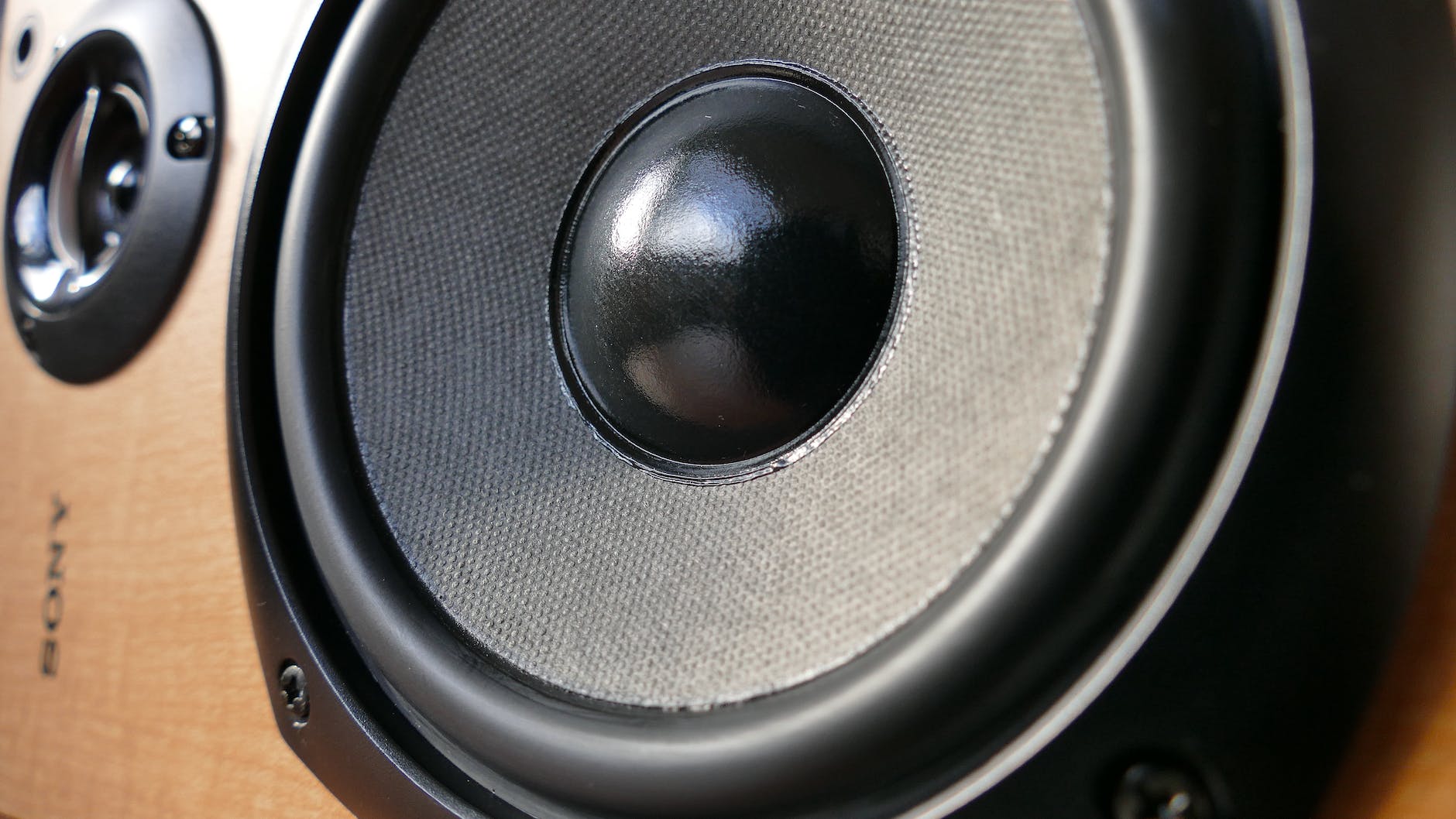Tinnitus Coping Mechanisms
I think you will spend 212 seconds reading this post
I originally published some of these coping mechanisms on my professional blog. I have adopted them into my private life too due to my own sensitivity towards noise, as well as also to try to make life easier for my eldest son, who also struggles with loud noises.
One of the biggest annoyances is that tinnitus doesn’t start or stop when you log on for work – it accompanies me around the clock – on occasions also disturbing my sleep. I use these tinnitus coping mechanisms to try to minimise how much it interferes with daily life.
For the office
- Reducing non 1-to-1 meetings over Webex/Skype/Teams/Zoom. Privately, I actively decline mass family zoom meetings and set up one-to-one calls.
- Using a Bluetooth conference spider. If I am making a long call, I go to a quiet room, with the door closed, and use my bluetooth conference spider. This removes crackles and feedback loops from being heard directly in my ear.
- Using noise cancelling headphones in the office. I use noise cancelling headphones in my shared office to reduce my noise exposure. To avoid being hit by a “wall of sound” when I leave the office, I also put on music or a podcast at a low volume prior to leaving the office to lessen “audio shock”.
- Using a status message “Could you mail or message me, rather than calling”. Colleagues who contact me frequently understand why and it works well without too much inconvenience to them.
- Avoiding rush hour transportation where possible. I wear noise-cancelling headphones on public transport (e.g. to avoid the booming sound when an underground train exits a tunnel).
- Blocked “silent working times”. also known as “blackout hours” (German: stille Stunden), I actively block parts of my working days for focussed and uninterrupted working (do not disturb mode).
At Home
- Volume limitation on headsets, speakers, TVs, Tonie Box. The aural threat is also present at home.
- Consciously avoiding electric hand dryers. The Dyson ones cause me the most discomfort. Sadly even a few seconds is enough to cause discomfort. I carry disposable paper towels to avoid having to use them in restaurants.
- Attending smaller gatherings. I currently avoid stadium concerts, packed football grounds. I try to catch up with a small group of friends in a quiet bar.
- Zoom calls only between certain times. Fortunately Zoom drinks are so 2020 and no longer happening. I go offline on videocalling apps.
- Turning off autoplay and autoskip. if you consume a lot of media content by video streaming, take back control by turning off autoplay options, and avoid skipping from one video to the next. Frequently the volume of audio varies painfully.
- Reduce physical meetings, but make time to speak face-to-face (socially distanced / wearing masks). Face-to-face social interaction is important – not everything needs to be over the phone.
Have a bit of peace and quiet
- Audio detox: build in periods of quiet time or reduce your noise exposure (e.g. walking in nature). In addition to the exercise, that I definitely need the reduction in aural over-stimulation is a great wellbeing tip. I go off geocaching, and walk through woods. I know things are well, when the tinnitus “smog” lifts and suddenly I can pick out the sound of birdsong or a woodpecker.
- Turn off laptops rather than put them into sleep mode. If they are off, they cannot disturb you.
- Take the time to personalise the setup of ringtones, phone notification sounds. I went through the list of ringtones on my work and private mobile phones. If my phones aren’t on vibrate anyway, I I have the least painful ringtone, set to a low volume (on my work iPhone “Seidenweich” is about the one my ear finds least offensive, and on my Samsung “Satellite” is also the one I find least painful).
- Voice alarms on phones. I find voice alarms less painful – I have a pleasant female voice on my phone to remind me that it is time to take my son to school, collect him, pick up the twins from kindergarten, or remind me that it is half past four on a Friday (which is either time for a burst of productivity or to start packing up for the weekend).
